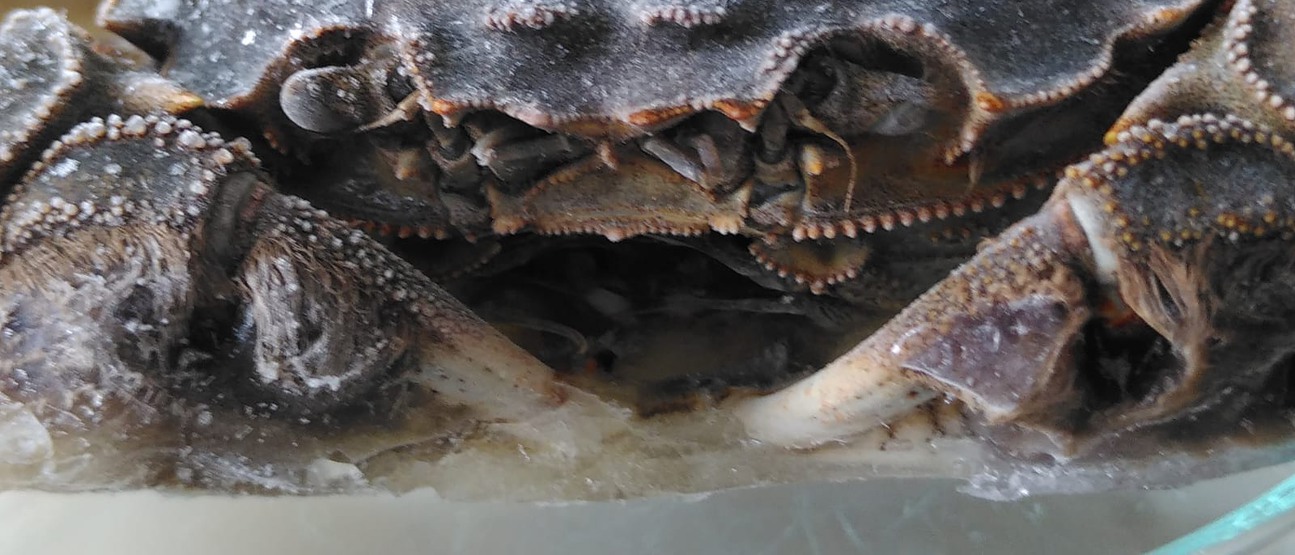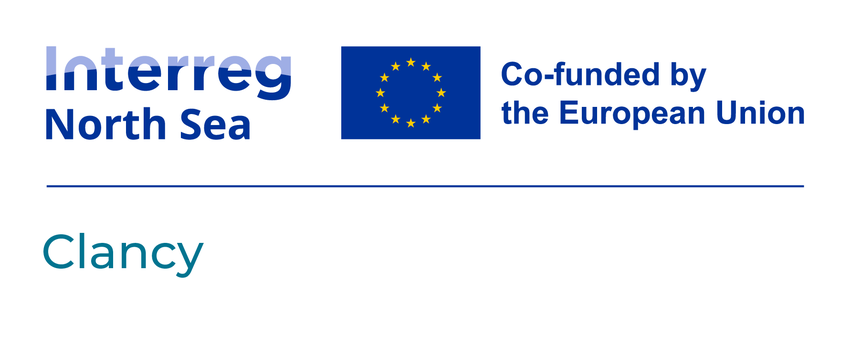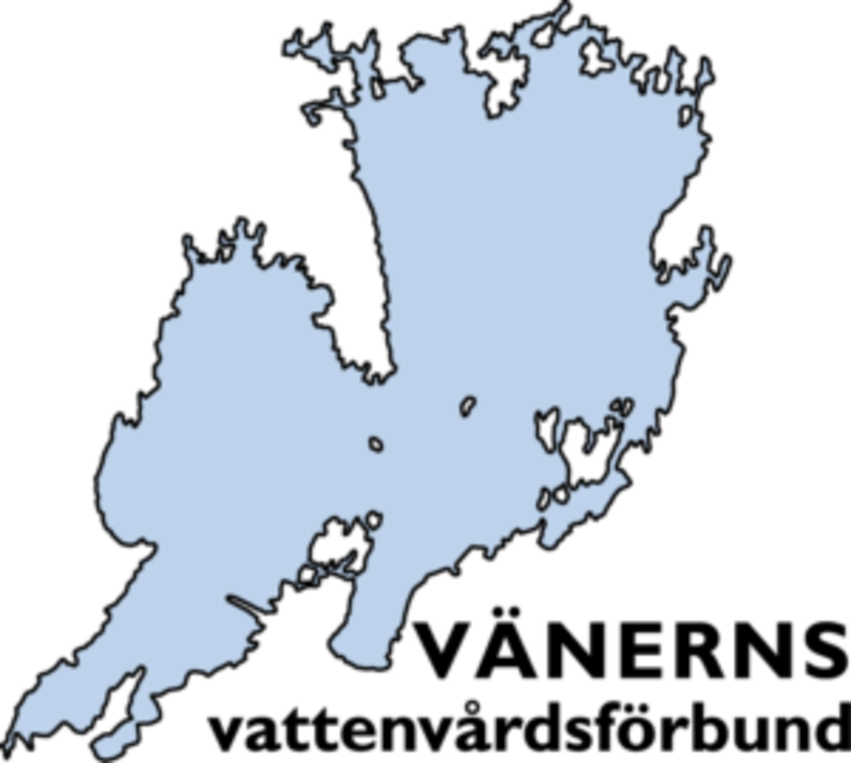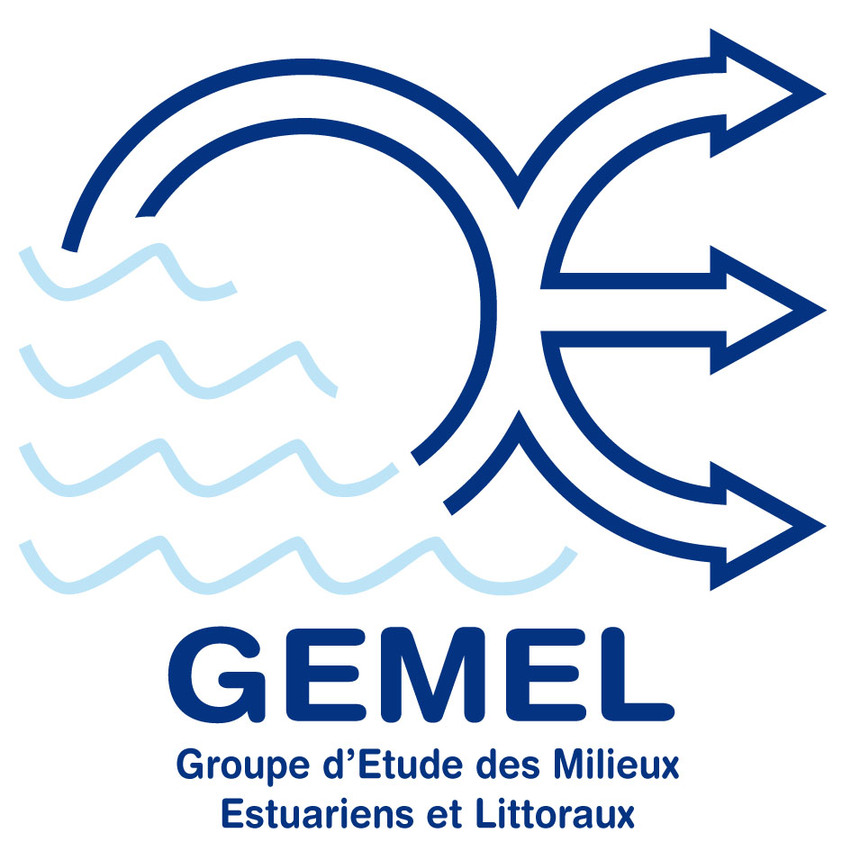
The CLANCY project will increase the capacity of the North Sea Region to preserve climate-adaptive, biodiverse ecosystems, through management of the Chinese Mitten Crab.
The crab (Eriocheir sinensis) is invasive and a threat to aquatic biodiversity affecting the structure of coastal and inland water bodies. In total, four countries are participating in the project (Belgium, France, Germany and Sweden). In each country, status and impact studies were performed on the crab independently, with different degrees of detail.
A joint database
A cross-border effort will be performed to share all available data on the crabs’ populations, distribution and impact on freshwater ecosystems. Data will be collected in a newly created joint database. Traps will be used to monitor and manage the invasive crabs’ populations. The design of the trap will be adapted to local conditions. This specific innovation is a key to transnational deployment.
By performing genetic analyses on captured crab individuals, we will perform an in-depth assessment of cross-border population dispersion and connectivity. Ecological monitoring will be set up in reference areas with and without traps, to acquire knowledge on the crabs’ impact on habitat quality. Specific attention will be paid to avoiding bycatch of other invertebrate communities.
Roadmaps for invasive species management
The results of the project will be translated into a cost-benefit analysis and roadmaps for transboundary invasive species management. A co-creative approach will be implemented involving local stakeholders, to make sure these roadmaps and analysis can be directly implemented by key users.
CLANCY will contribute to the governance of coordinated cross-border species management, adapted to local and regional needs and conditions. For the captured biomass of the Chines Mitten Crab, an infrastructure plan for value chain establishment will be developed.
Project leader: Flanders Environment Agency
Official site for the project: www.interregnorthsea.eu/clancy











